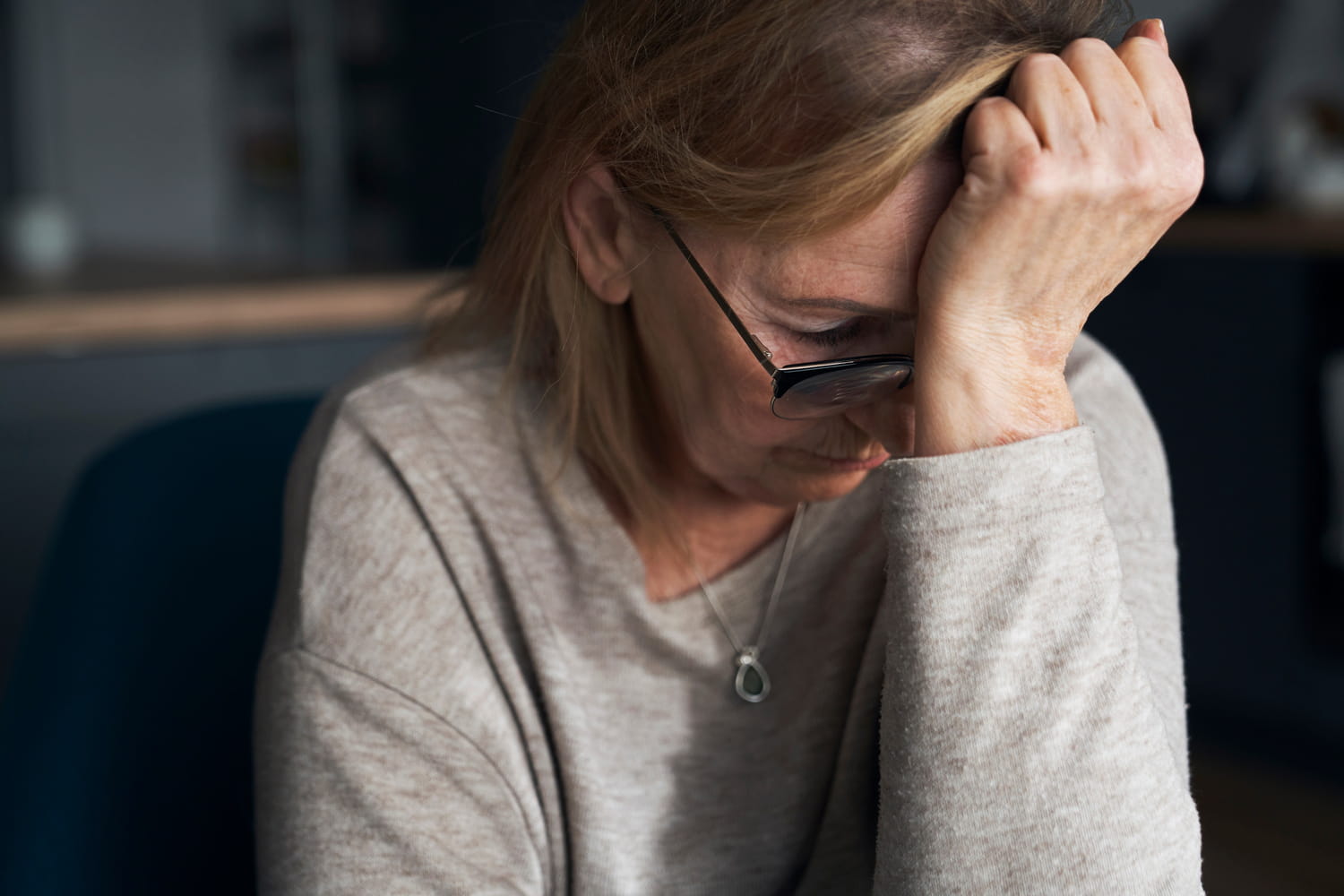Depression often advances hidden behind a symptom that is wrongly linked to aging.
After 60, depression does not always manifest itself as we imagine. “Silent” forms delay diagnosis and treatment. However, depression among seniors is far from rare and has significant consequences on health and quality of life. One of its major symptoms is often mistakenly confused with a famous neurodegenerative disease, which delays the implementation of appropriate care.
Researchers followed more than 8,000 people in their sixties for around 16 years. The objective was to “examine whether there is an association between depressive symptoms and cognitive function” among seniors. To do this, the participants were evaluated every two years: their morale was measured via a depression scale called “CES-D”, while their cognitive performance was tested, in particular memory (via 10-word recall tests) and verbal fluency (citing a maximum number of animal names in one minute).
According to the results, “depressive symptoms appeared to be associated with initial memory impairment and contributed to more rapid memory loss over time.” Repeated memory loss after age 60 must therefore be taken seriously, without being systematically attributed to Alzheimer’s, but perhaps rather to undiagnosed depression. And according to researchers, it works both ways. Not only does low morale make it more difficult to find words or objects on a daily basis, but “poorer memory appears to be associated with greater change in depressive symptoms over time” they share in the journal “JAMA Network Open”. Subjective memory complaints are a major indicator to spot.
In the event of unusual forgetfulness or loss of motivation, the first instinct is to speak to the attending physician, taking care to describe all the symptoms experienced. The earlier depression is detected, the better it is treated and the more memory is preserved. As the researchers point out “Early intervention on depressive symptoms could offer an opportunity to slow or delay memory decline later in life”. At the same time, physical activity, a rich social life and regular sleep are the best allies to protect the brain.


